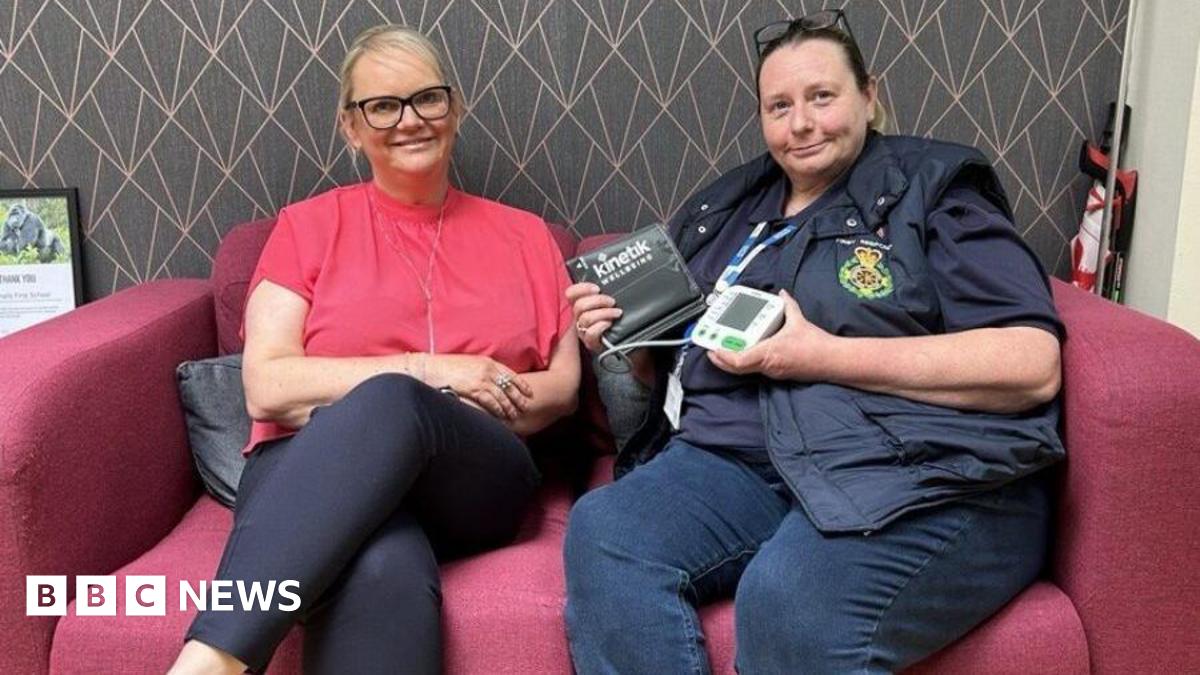HHS Secretary Kennedy Faces Scrutiny Over Staffing Cuts, Funding Freezes, and Policy Shifts

Washington, D.C. – U.S. Health and Human Services (HHS) Secretary Robert F. Kennedy is facing a wave of tough questions from both Republican and Democratic lawmakers regarding significant changes within the department. Concerns are mounting over deep staffing cuts, research funding freezes, and a series of policy shifts that critics say could have far-reaching consequences for public health.
The hearings, held this week before the House Committee on Oversight and Reform and the Senate Committee on Health, Education, Labor, and Pensions, saw Kennedy defend his actions as necessary measures to streamline operations and prioritize resources. However, lawmakers on both sides of the aisle expressed serious reservations.
Staffing Cuts: A Cause for Alarm?
One of the most contentious issues is the substantial reduction in HHS staff. Critics argue that these cuts, impacting various departments including the Centers for Disease Control and Prevention (CDC) and the National Institutes of Health (NIH), will hinder the department’s ability to respond to public health emergencies and address ongoing health challenges. Representative Alexandria Ocasio-Cortez (D-NY) stated, “These cuts are not just numbers on a spreadsheet; they represent real people who are dedicated to protecting the health of our nation. Weakening our public health infrastructure is a dangerous gamble.”
Secretary Kennedy countered that the department is leveraging technology and streamlining processes to maintain efficiency despite the reduced workforce. He emphasized a focus on data-driven decision-making and prioritizing programs with the greatest impact.
Funding Freezes: Stifling Research and Innovation?
The decision to freeze research funding has also drawn considerable criticism, particularly from the scientific community. Many researchers fear that these freezes will stifle innovation and delay progress in critical areas such as cancer research, Alzheimer's disease, and infectious disease prevention. Senator Susan Collins (R-ME) questioned whether the funding freezes would ultimately harm the nation’s long-term economic competitiveness.
Kennedy argued that the funding freeze is a temporary measure aimed at re-evaluating research priorities and ensuring taxpayer dollars are being used effectively. He pledged to work with Congress to identify new funding opportunities in the future.
Policy Changes: A Shift in Priorities?
Beyond staffing and funding, lawmakers are also scrutinizing a series of policy changes implemented by the HHS under Kennedy’s leadership. These changes, which include revisions to regulations governing healthcare access and public health programs, have raised concerns about potential impacts on vulnerable populations.
The hearings are expected to continue in the coming weeks, with lawmakers pressing Kennedy for more details on his plans for the HHS and the rationale behind his decisions. The outcome of these hearings could have a significant impact on the future of public health in the United States.
Looking Ahead: The HHS Secretary’s responses and future actions will be closely monitored by both Congress and the public. The balance between fiscal responsibility and maintaining a robust public health infrastructure remains a critical challenge.






